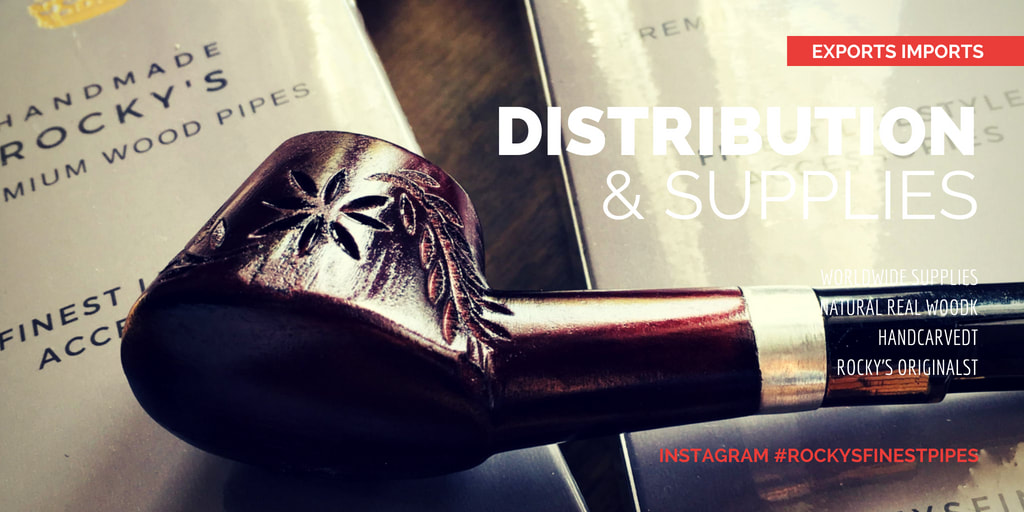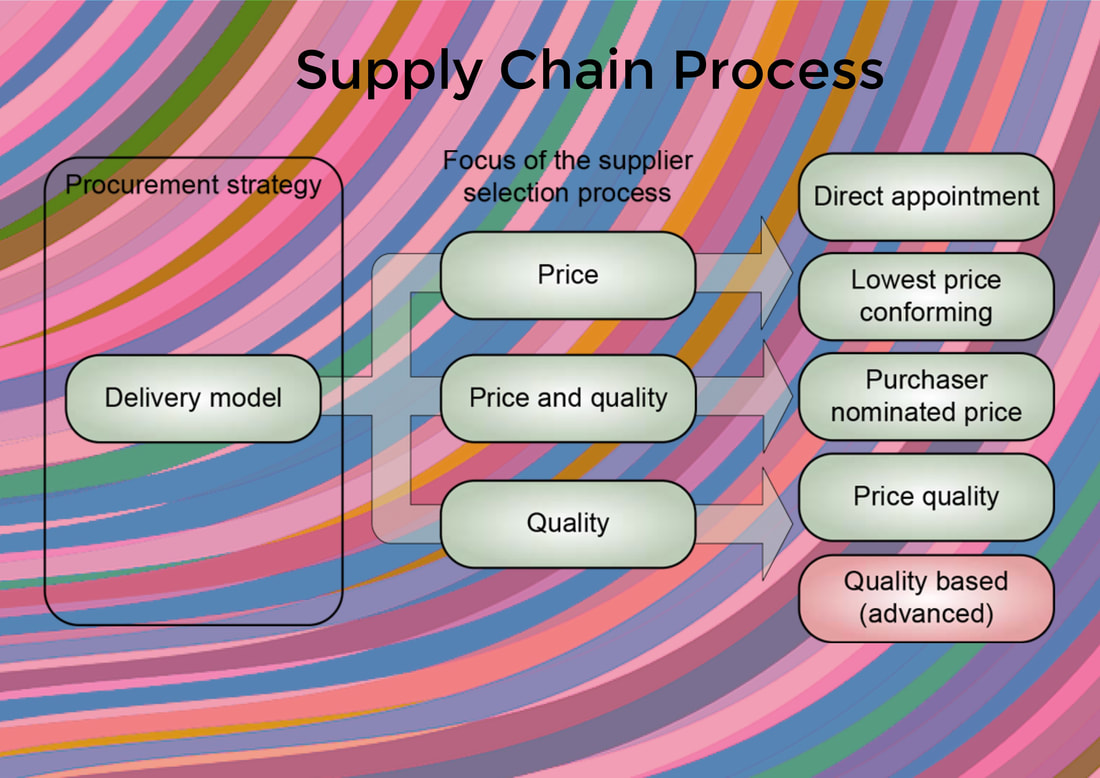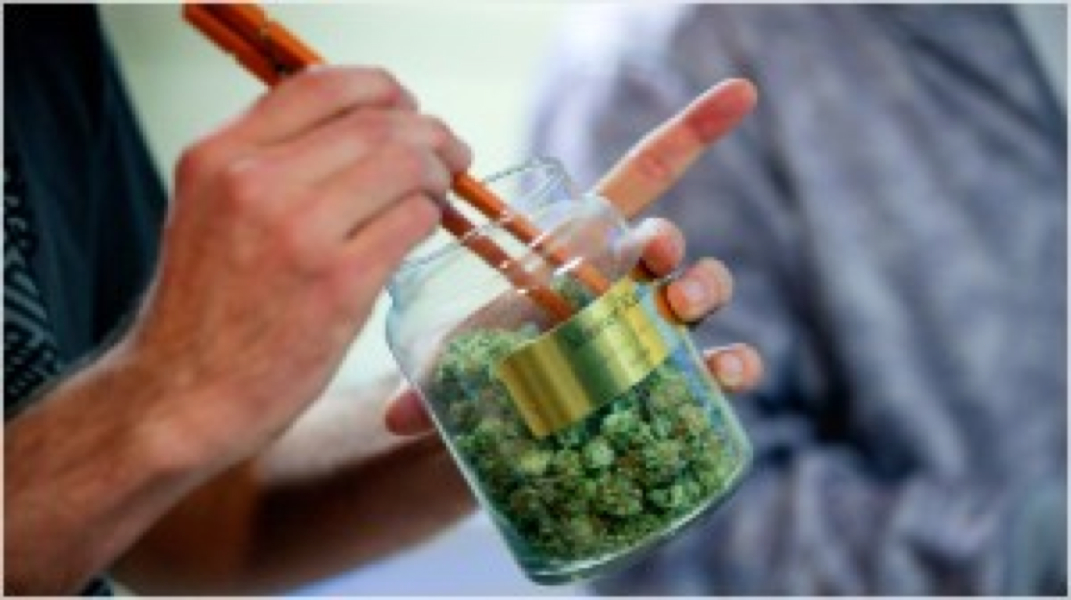|
Cross Border Credit To do or not is the question
Well that’s a little tricky if you are an SME. Large businesses have lawyers and reps in place . But here you are an Individual Small Medium Enterprise, and buyer is few thousand miles away. First the challenge is to connect with them then to ensure that payments are secure and you and your factories get paid for the hard work. Which in third world is not easy. But then you do get tempted to offer them credit to gain their trust, and this could either take your business to next level or it could boomerang in your face. After credit is in place and a disagreement would surface concerning a certain delivery. Sound advice would be to resolve amicably and not loose your cool or sleep. Though good businesses would never make you feel insecure, they respect their commitments, but off and on every business will come across certain new buyers that need to be handled with care. Practice will make you identify buyers who mean business. Cross border especially is a dangerous gamble to play, But if you are a good supplier you both need each other as much. If the order amount is large Banking is an excellent way to secure your self. One of the conventional is “Letter of credit” an option where clauses are drawn out and the payments are ensured and handled by respective banks. However more businesses are choosing e-payments Forex options, Trust has become a strong drive to do business faster and understand each others needs , tying up buyers and sellers together. Paypal and similar payment options do give sense of security to small enterprise business, in spite of higher expenses of almost 5% commission, both buyers and choose it for speed and faster settlements. Paypal is not our first option but it gives our buyers ease, of making payment direct from their handhelds, so its become a good tool to provide service and make a faster sale. For new customers its also provides standing trust to begin a relationship. So in our experience its good to initiate a business relationship with Paypal, keep your payments secure, study the customer dealings and only then offer credits. In short concentrate on building trust..
0 Comments
We being wholesalers come across various customers but before customers we like to keep our suppliers and labour safe, specially the good ones. Success to any business it is what it offers, so being in business since 1995 has taught us one good lesson to keep our supplier team and factory strong. For if supplies are good then word of mouth will definitely work in your favour and hence for business in totality. Wholesale Glass Pipe Supply Chain Sales in wholesale business specially Wholesaling Glass Pipes and customers in wholesale business are not quite different from other wholesale industries, but yet we have had quite a number of incidents that we can recall have made it to the wall. One of them we had a strange complainant who found the product fine but also claimed that he found a box cutter inside the package and how dangerous it was for him. Communication on the subject went on for about 15 days and we had to close it with a discount. It was apparent that this customer was only after discount. On the other hand we had the most pleasant experience with a real gentleman. Who on a repeat order asked us for pricing and we quoted 4$ for a certain product . His response was that he was unable to pay 4$ and would like to pay 4.5 instead. That was a 0.5$ increase for us, but more than that it felt good to be appreciated for your efforts. The vibration between the customer and us changed, and he is now a favourite customer for our team. This story like a legend has travelled down our chain. Customer is king but most Important of it all is your Supply chain. Specially in the age of Oberlo, Shopify and dropshipping, where every retailer and wholesaler can offer same generic product, supplies that can perform and give you exclusivity become most important for your total portfolio!!
NEW YORK (CNNMoney) Colorado expects to take in about $184 million in tax revenue from marijuana in the first 18 months after legislation -- and much of that money will be funneled into teaching kids to stay away from pot. The state's Joint Budget Committee released the report. Marijuana became legal for recreational use in Colorado on New Year's Day. The committee projects revenue of about $610 million from retail and medical marijuana from Jan. 1 of this year to June 30, 2015, the end of the next fiscal year. The state has an aggressive taxation policy, taxing marijuana three times during the process -- when it is produced, sold and bought. As it turns out, the legalization of marijuana is even more popular among consumers than state officials had originally expected. The lines were so long at dispensaries on New Year's Day that some of them ran out of product, while others rationed their supply. Related video: Pot stores in Denver open for business The committee released a request to allocate $103.5 million towards the following causes: $45.5 million for the prevention of youth marijuana use; $40.4 million for treatment of substance use; $12.4 million for public health; $1.8 million for regulatory oversight; $3.2 million for law enforcement and public safety; and $200,000 for something called "statewide coordination." The committee said this allocation of funds "represents a strong yet cautious first step toward ensuring a safe and responsible regulatory environment." Last week, the federal government gave banks a green light to provide financial services to legal marijuana businesses. Before that, it was an all-cash business. Despite that, marijuana remains illegal in the eyes of the federal government. Marijuana is legal in Colorado for adults 21 or older. Colorado residents who possess state-issued identification can buy up to one ounce. Out-of-state visitors can buy up to a quarter ounce. New Jersey became the first U.S. state this week to see televised ads for a medical marijuana service, the company behind the spot said.
The one-minute ad — which airs on select Comcast cable networks between the stoner-friendly hours of 10 p.m. and 5 a.m. — features a shady salesman pushing contraband sushi. "You wouldn't buy sushi from this guy, so why would you buy your marijuana from him?" a voiceover says.The ads are meant to convey the importance of obtaining pot from a licensed physician, said Jason Draizin, CEO of MarijuanaDoctors.com, an online portal that connects patients seeking medical marijuana with physicians who can provide it. The commercial, which can be seen on MarijuanaDoctors.com, was produced in 2011 but the company had not purchased air time until now, Draizin said, because it was waiting for populous East Coast states such as New Jersey and Massachusetts to legalize the drug for medical purposes. New Jersey began permitting medical marijuana use in 2010, and Massachusetts in 2012. About 30 channels including A&E, Bravo, CNBC, ESPN, Fox and the Food Network will pick up the ad, Draizin said, adding that it would not air on "family-oriented" networks. Political ads for legalizing medical marijuana have aired on major networks in the past, but the Florida-based company says it believes its ad is the first for a commercial service. His company's name celebrates being too stoned to get off the couch, and he hopes to bring an ultra-potent "super joint" to market.
Meet Sean Green, chief executive of Kouchlock Productions and the proud owner of Washington state's first legal-marijuana business license. The state Liquor Control Board on Wednesday issued Green the license at its meeting in Olympia on Wednesday, launching a new phase in the state's ambitious effort to regulate a market that has been illegal for more than 75 years. Green, who has operated medical marijuana dispensaries in Spokane and the Seattle suburb of Shoreline, proclaimed the document "beautiful." The license will allow him to grow 21,000 square feet of cannabis at his Spokane facility — the first pot that will be grown for sale under the highly taxed system approved by voters in 2012. The possession of marijuana became legal for adults over 21 soon after the vote, but it's still illegal to grow or sell it for recreational use until pot shops open in the state later this year. Green plans to start by raising marijuana starter plants to sell to other growers, and later expand to growing buds for retail pot shops. "Cannabis prohibition is over," Green declared to applause from a room packed with his supporters. "I'm coming home with jobs, Spokane." Sales began Jan. 1 in Colorado, the only other state to legalize the recreational use of marijuana. But Colorado already had a regulated medical marijuana system and simply began by allowing medical dispensaries to sell recreational pot. Washington had no regulated medical system. The Liquor Control Board said Green got the first license because he was the first applicant to complete the process. The board also received more than 2,200 retail applications, and is expected to hold lotteries in at least some areas before allowing 334 pot shops statewide. Washington's first pot stores are expected to open in June or July. Seattle attorney Alison Holcomb, who led the state's legalization campaign, called it exciting. "It's easy to talk about what marijuana legalization might look like," she said. "It's a much different thing to see it roll out." The board's three members credited the hard work he did to meet the requirements to obtain a license, including passing criminal and financial background checks, developing a board-approved business plan and finding a location that wasn't too close to schools or daycares. "We're proud of you," board chairwoman Sharon Foster said. "We now know there are folks out there who follow the rules and are willing to be participants of this brave new venture in Washington state." Not everyone was so enthused. Derek Franklin, president of the Washington Association for Substance Abuse and Violence Prevention, said he found it troubling that Green was getting the first license, with the message sent by the "Kouchlock" name as well as the idea of the "super joint," which Green described as a marijuana cigarette that includes potent cannabis oil as well as flowers. "There doesn't seem to be much attention being paid to public health and public safety," Franklin said. The issuance of the first license underscored the hurdles the industry continues to face. Pot remains illegal under federal law, and despite recent guidance from the U.S. Treasury and Justice departments, banks continue to be wary of working with marijuana businesses. Green said he has lost bank accounts six times because of his connection to the pot industry, most recently last week. He already found another one but isn't sure how long he'll be able to keep it. Green said he got involved in the industry after his decade-long career as an independent real-estate appraiser dried up. He took $10,000 and started Pacific Northwest Medical in Shoreline in 2011, later expanding to Spokane. He plans to begin by growing 1,200 square feet of starter plants to provide to other growers as they become licensed. He expects to expand to growing marijuana buds for retail, with 30 to 50 employees. For now, he said he will also continue running his medical operations, though the Legislature is considering whether to bring medical marijuana into the same system as recreational pot. Though the board praised Green for following the rules, some questions remained about his medical marijuana business. As first discovered by The Seattle Times, two of Pacific Northwest Medical's former employees filed complaints with the state Department of Labor and Industries alleging it had withheld their wages. The wages, totaling more than $1,600, were later paid, records show. One of the complainants also alleged Green had sexually harassed another employee. Department spokesman Matthew Erlich confirmed Labor and Industries received the two complaints. He said the agency would have referred the complainant who alleged sexual harassment to the state Human Rights Commission. The commission said it never received any sexual harassment complaint concerning Green or his company. Green said twice at a news conference he was unaware of the complaints. But Erlich later contradicted that, saying in an email to The Associated Press that the department dealt directly with Green to get the complaints resolved. The liquor board's director said staff would not have considered the civil complaints in deciding whether to give Green a license Courtesy ABC News |
LeafGlassWelcome to Leafglass, a glass pipe manufacturer and wholesaler. Archives
June 2018
Categories |
HoursM-F: 7am - 9pm
|
write to us |
Privacy PolicyCopyright@ 2024 , www.leafglass.com
|





 RSS Feed
RSS Feed